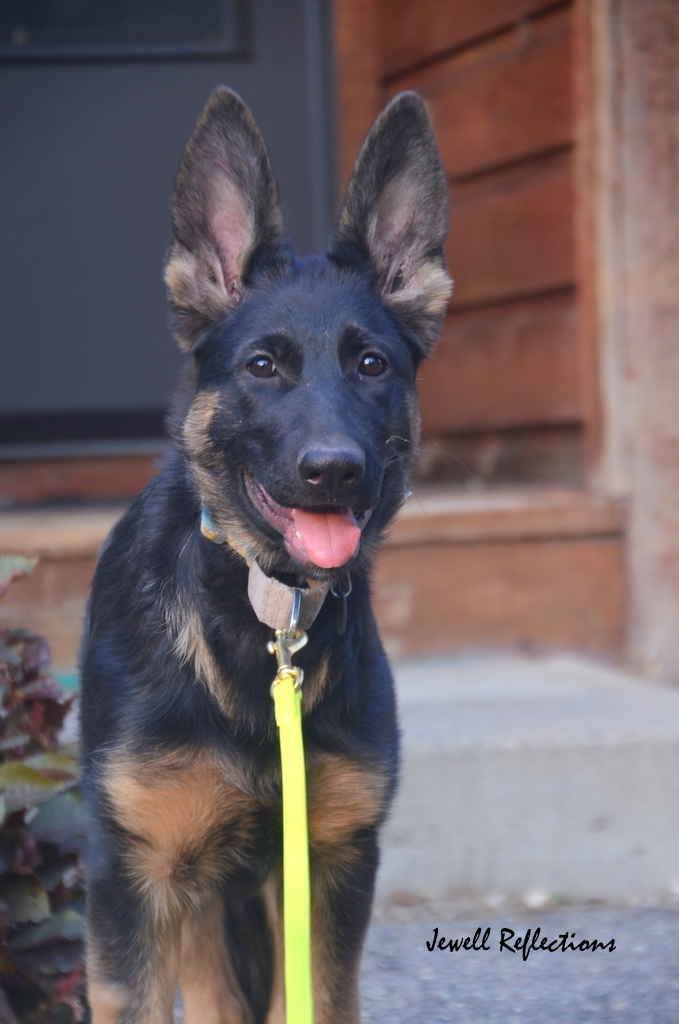By Fran Jewell
I can hear it now, “You have got to be kidding!” I am dead serious! I talk to no end about leadership and how critical it is to dog mental health. Very few dogs these days do not have some sort of anxiety, whether it is separation anxiety, approval anxiety, inability to calm themselves in the house, redirected aggression, even reactivity to events or other dogs. What is even more unfortunate is that so many people do not recognize the signs of anxiety and continue to let their dogs live in quiet misery. Our dogs cannot tell us or even talk about how they feel. To top it off, we place feelings on them as if they were people instead of dogs, which is good old-fashioned anthropomorphism. This doesn’t mean dogs don’t have feelings, but they do not have feelings for the same reasons as people do. This is where the dog identity crisis begins.
We are so busy trying to inflict our feelings upon the dogs that we don’t see what is really happening to the dog. Let me give you an example. My favorite subject is service dogs, particularly fake service dogs. One day I am in a store in Boise. There is a person with a baby carriage and a small dog in the carriage. The dog has baby clothes on and a service dog vest. This owner leaves the dog to walk around the corner to another isle to get something and the dog goes into a fit, crying and shaking. The owner hurries and comes back and then tells a friend that the dog is so worried about her that the dog cannot stand to be out of sight of the owner. “What a wonderful service dog she is!” the owner exclaims. The reality is that the dog is not providing service at all, but instead is expressing EXTREME separation anxiety. The owner is convinced that the dog must see her to be able to alert on a medical problem. I’m watching this entire interaction and it is clear to me the dog is horrified to be alone because the dog has been encouraged to be dependent upon the owner, not the other way around. What anxiety for this poor dog! With such separation anxiety I am not sure this dog could ever get past the emotional dependence to be able to do a job effectively. This dog is in an emotional identity crisis.
How do we prevent this identity crisis in our dogs? Treat your dog like a dog. It sure can be hard when they are so cute and cuddly. However, we have to remember they are dogs, not humans. Say “No” when they do something that is not appropriate. Reward the things you like. Provide clear and reasonable rules for structure and be consistent about rules. Dogs NEED someone to guide them. In many cases, dogs that don’t have structure actually become so anxious that they will revert to feral behavior, which can be aggressive. They simply do not know how to deal with life without guidance. Dogs should not be making decisions about how they behave in our human environment, especially if they revert to the only thing they know to protect themselves—feral and often aggressive behavior.
This does not mean you don’t love them endlessly. But remember that they need structure to be happy emotionally. Love your dog for being a magnificent species so different from ours, so loving and kind. Remember that they did not come into this world to be treated like a human baby!
Fran Jewell is a dog behavior consultant, NADOI-certified instructor and vice president. She owns Positive Puppy Dog Training LLC and can be reached at (208) 721-7221.



